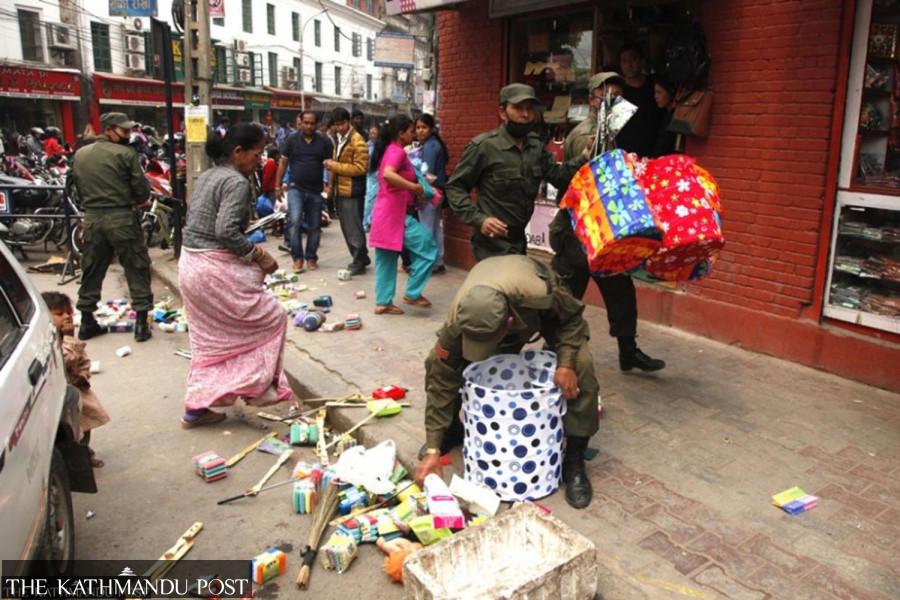Editorial
Whose metropolis?
The gentrified Kathmandu of Balen’s imagination, we are afraid, will be a city without a soul.
In the last week of May 2022, as thousands of youths gathered outside the Sabha Griha in Pradarshani Marg, Kathmandu, to listen in to the latest vote counts for the Kathmandu Metropolitan City mayoral elections, it was clear from the beginning that there was no stopping Balendra Shah. With each passing hour, the supporters of Srijana Singh and Keshav Sthapit were either leaving for their homes or slowly converting into Balen fans as the “core area” they hoped would turn the count around never arrived. The rapper had stormed into the political scene, with much fanfare and a fan base made of the old and young.
Two years down the line, it is difficult to explain whether Balen is just a storm in a teacup or an ideological force to reckon with. It is difficult to explain whether he represents youth energy or brute power, for he is at it again—only in an ever more ruthless avatar this time. As videos and photos emerge of his metropolitan security personnel manhandling street vendors, the conscience of a section of the population that cares for the rule of law and justice has been shaken once again. The young mayor who dismantled old notions about politics and showed that you can challenge the establishment of party politics single-handedly, is gaining notoriety for a naked display of power, and he doesn’t even seem to care anymore.
On Wednesday, street vendors who ventured to put up shops in Kathmandu’s so-called “core area” of Sundhara were left with swollen eyes and bandaged heads as metropolitan police cadres beat them black and blue—and got beaten up in return. Balendra Shah has waged a war against the poor, and that is unfathomable, considering how he gained stardom for singing the “chameli” song in support of the “gareeb”. The mayor has found considerable support from the media and the public in his drive against pollution and illegal encroachment of public property. But the last thing he is expected to do is to drive small entrepreneurs into poverty in an already volatile economic environment. As the leader of the metropolis, the mayor can imagine a city without the poor, but that can be achieved not invisibilising the poor but by pulling the poor out of poverty.
To be fair, the city is a lot cleaner in the two years under the young mayor and he also seems to have brought some order to a rather chaotic Kathmandu. But as a democratically elected mayor, he should also respect the right of every Nepali to come and live and work in the metropolis in order to earn their livelihood. Turning a blind eye to the small entrepreneurs who keep the local economy going, Balendra Shah seems to be in the chase for a picture-perfect, gentrified city. But he fails to understand that such a city is a city without soul. One is tempted to call on the mayor’s advisers to give him a lesson or two on sociological imagination, but alas, he is known to keep no advisers either. It is a travesty that the young mayor of the capital city seems to revel in the victimisation of the poor that once considered him their messiah.




 8.79°C Kathmandu
8.79°C Kathmandu














